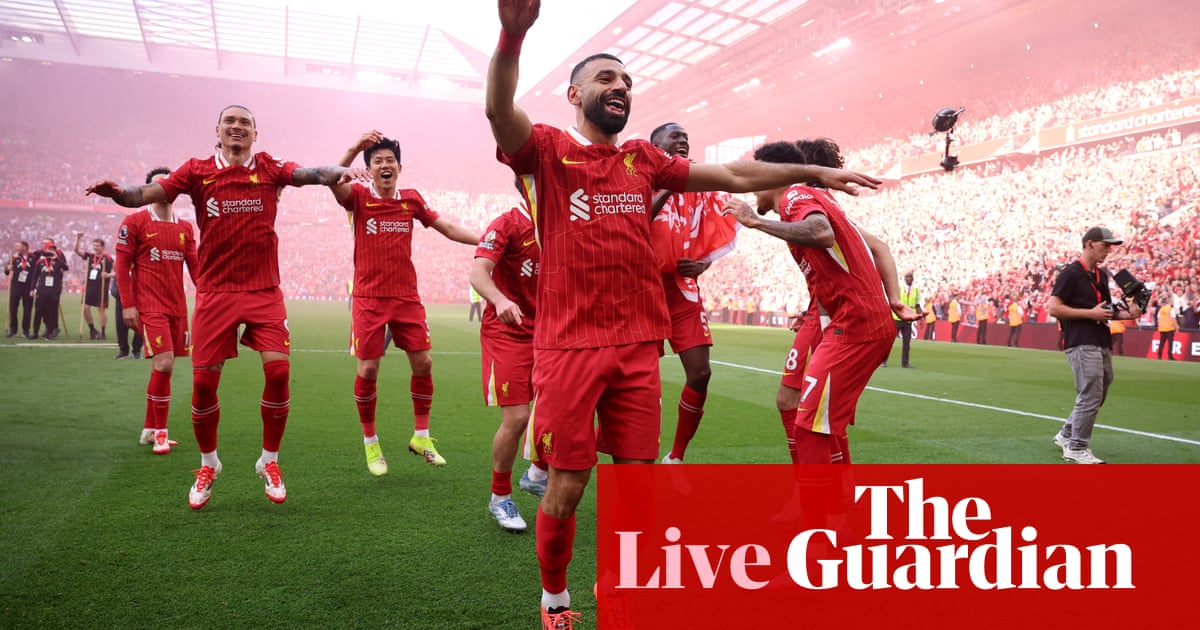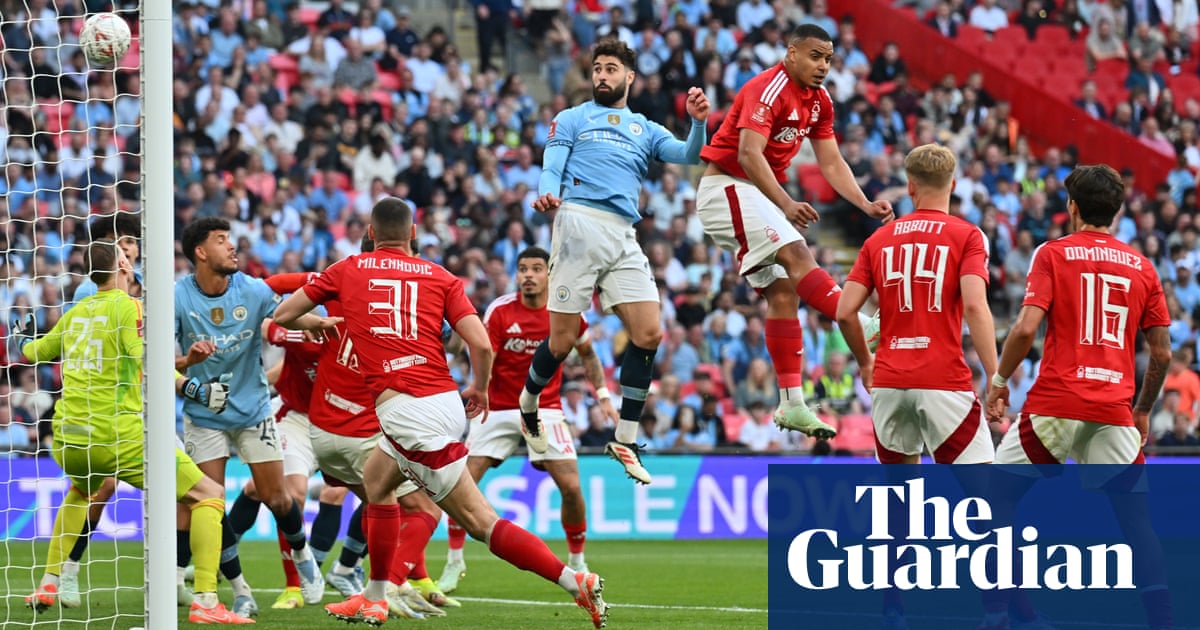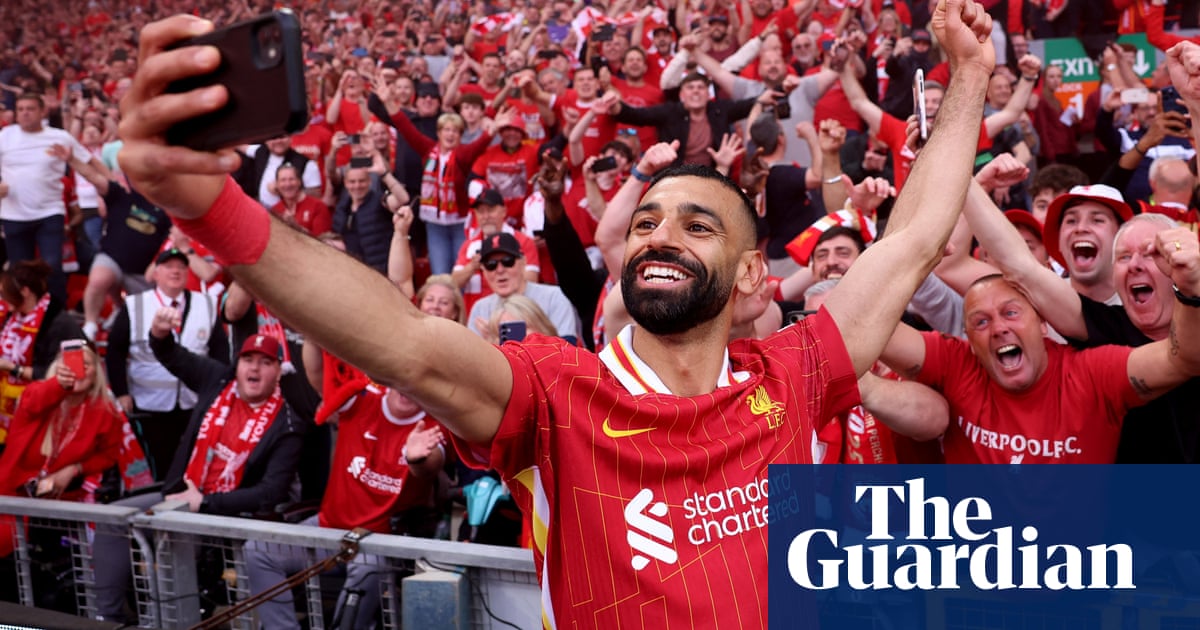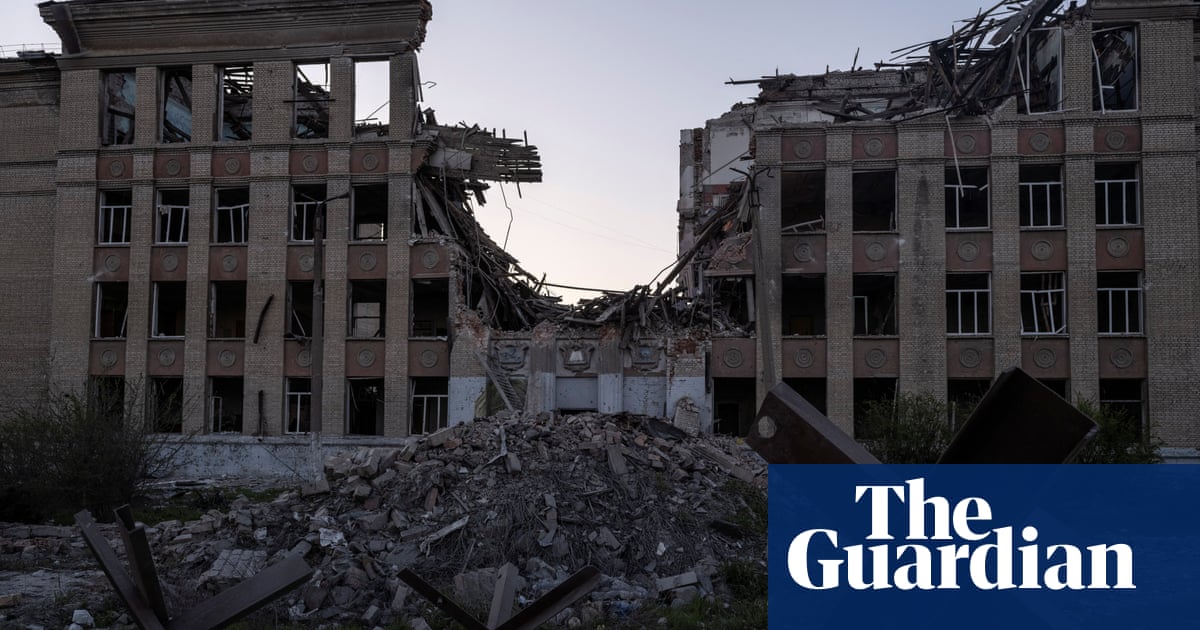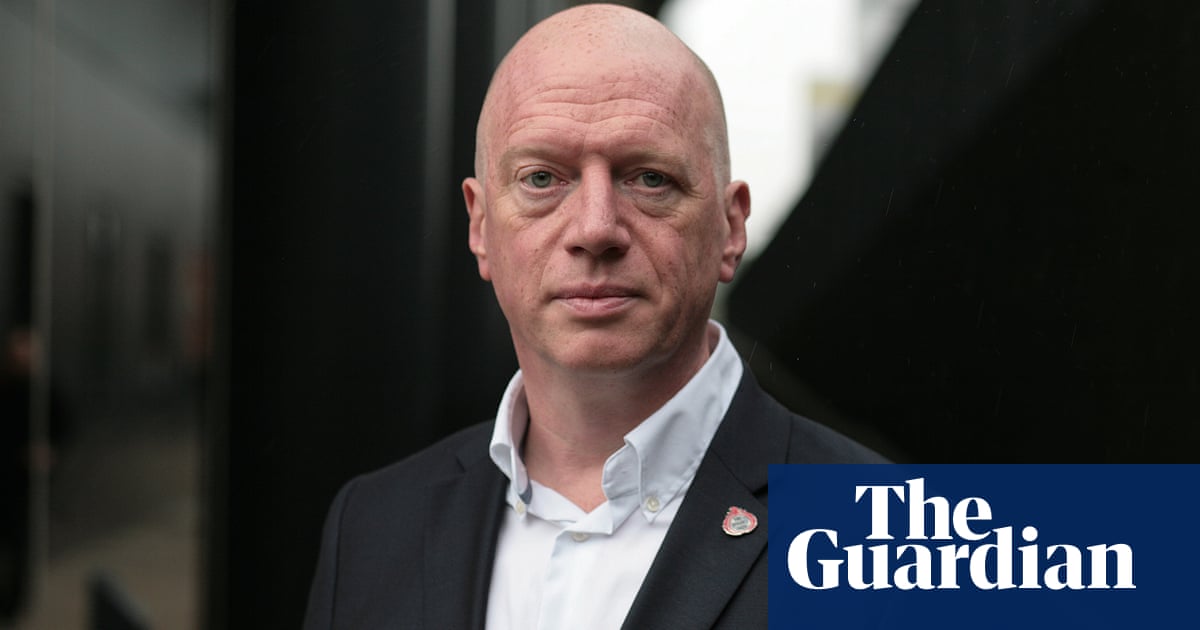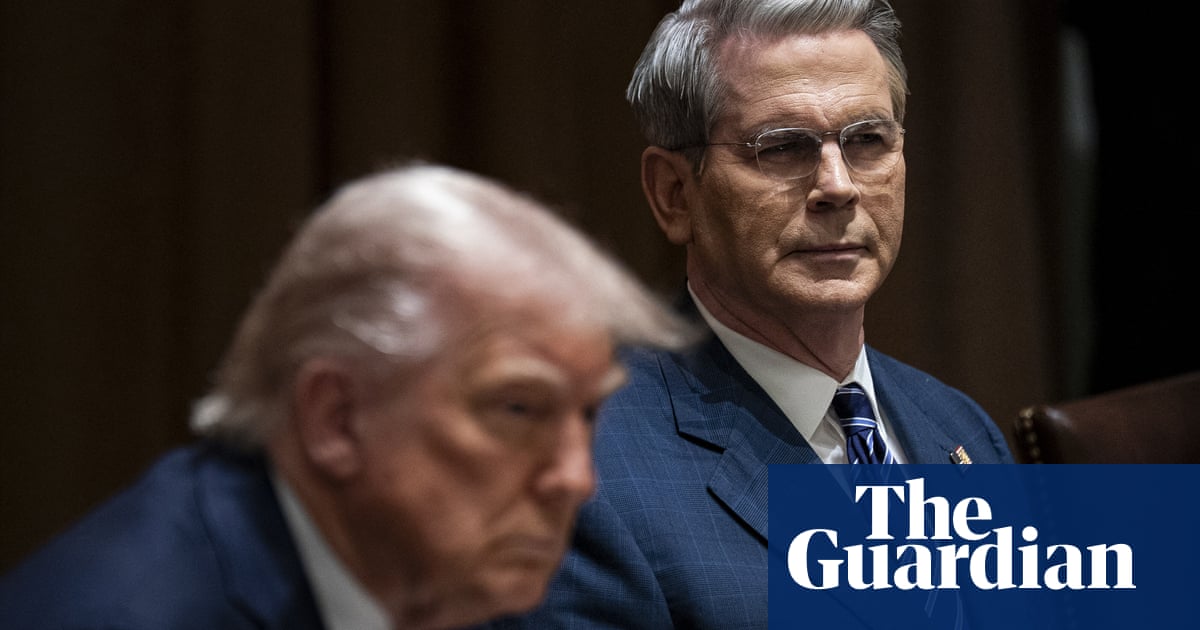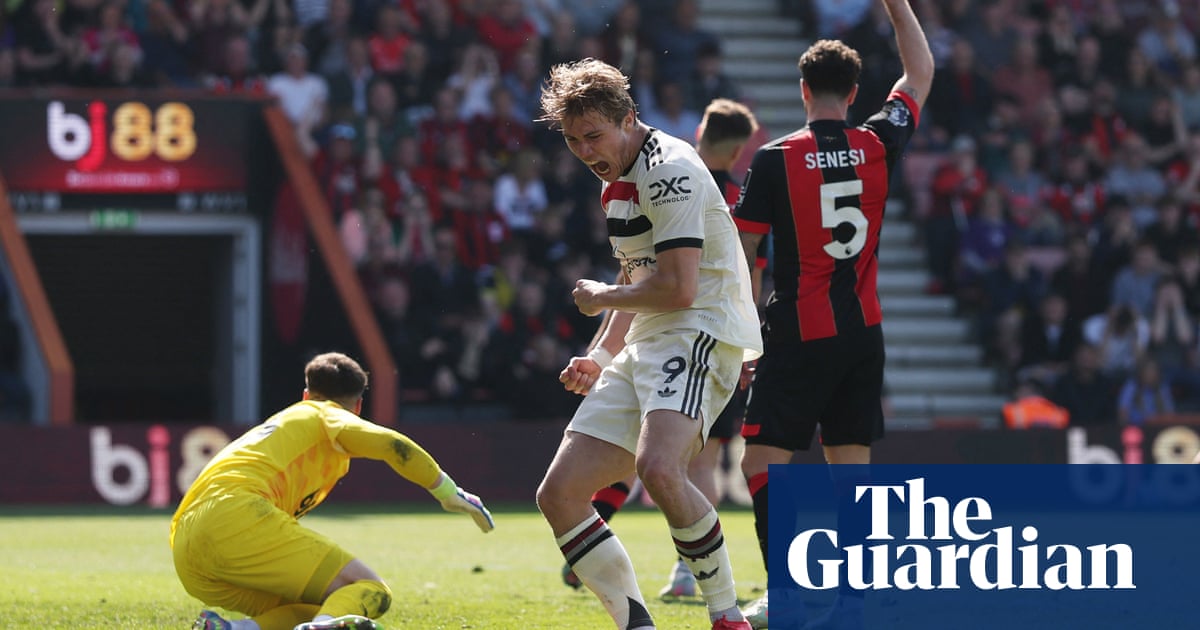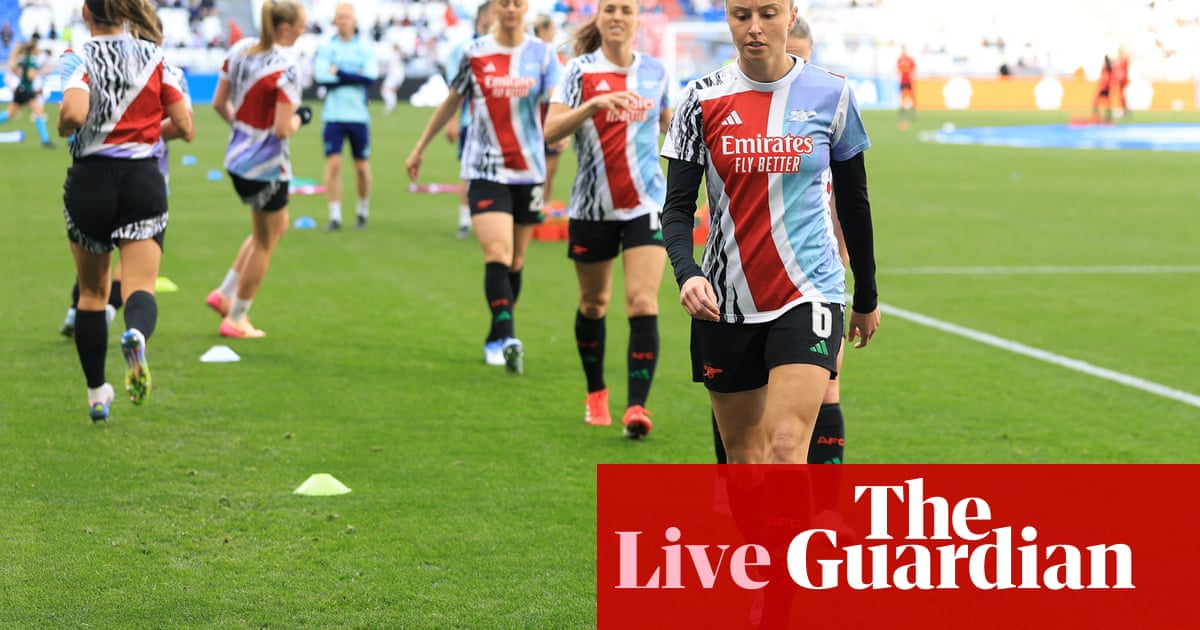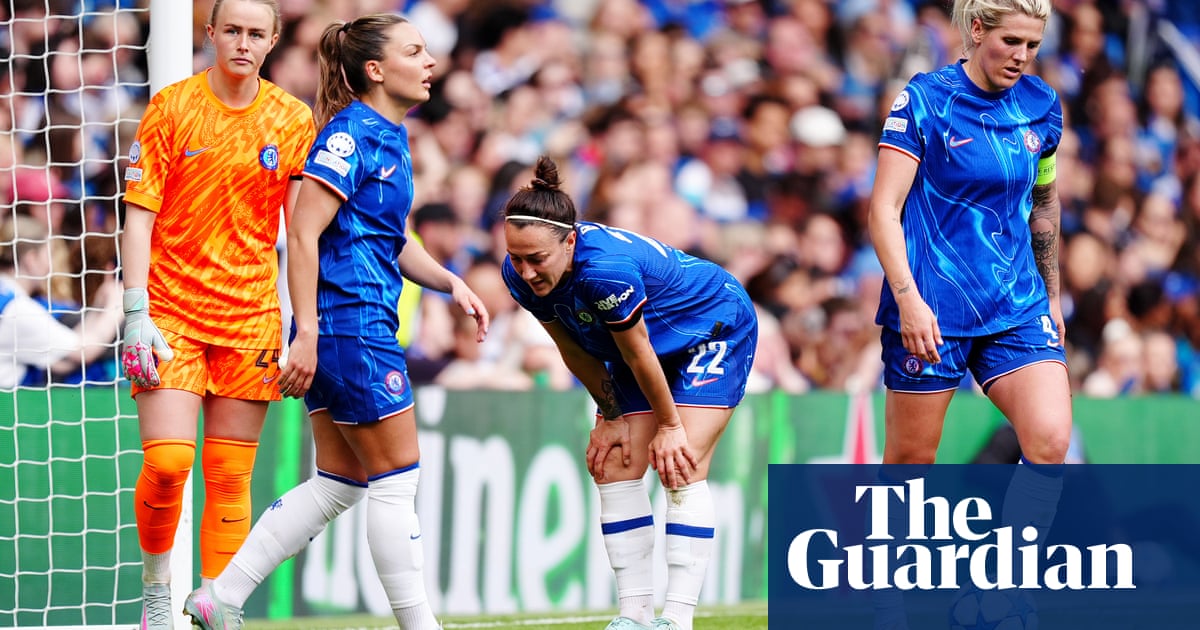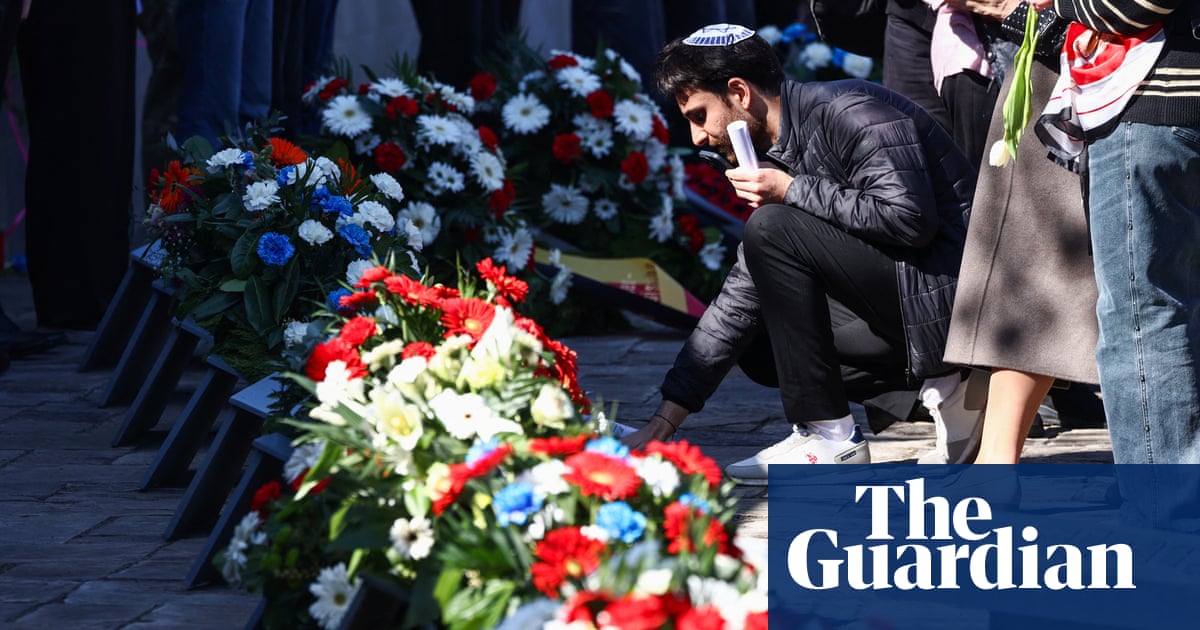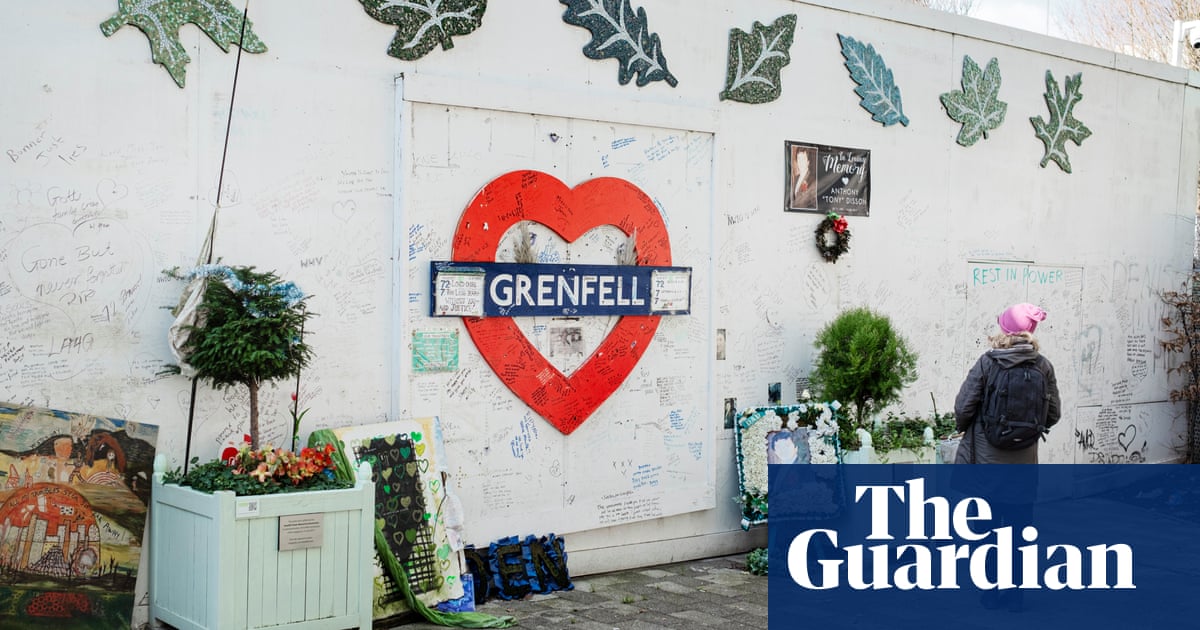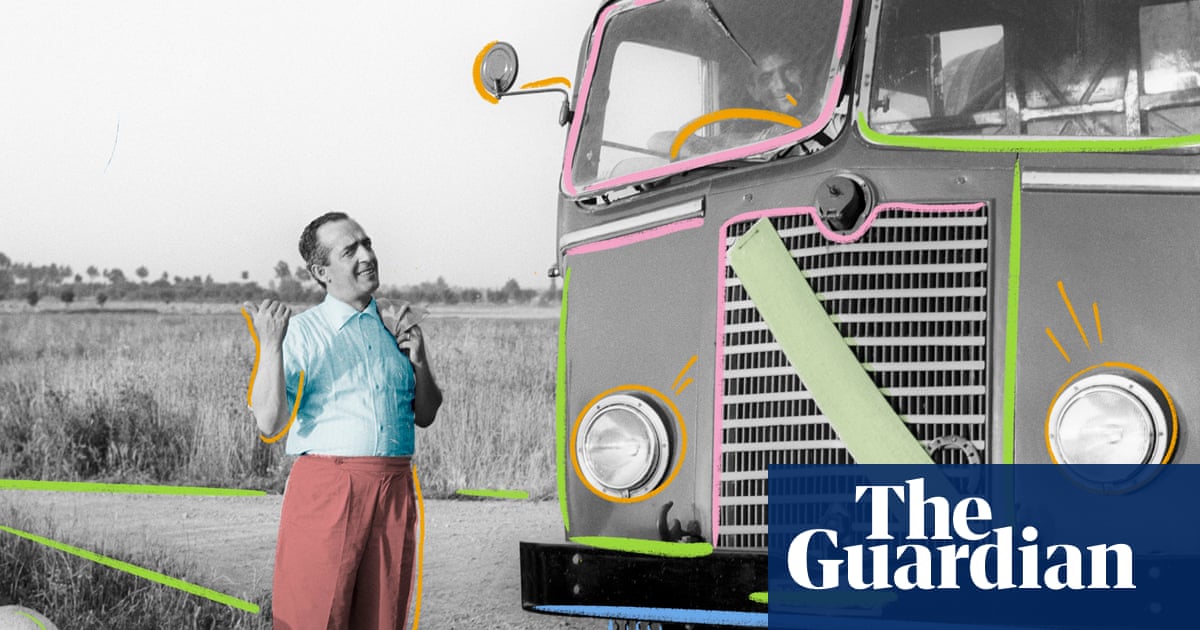Football is an unstoppable continuum, a whirling dervish of love and hate, life and death, frequent tedium and the greatest excitement known to humanity. Because we care so much for it it feels like it cares for us back, but the painful truth is this is our imagination and self-respect saving us from acknowledging that actually, football was there before us, it’ll be there after us, and while we’re there it exists as though we don’t.
Occasionally, though, we have bestowed upon us an event that grabs us by the lapels and shrieks indelibly into our souls, the entirety of the cosmos consumed by the wonder of the game. “It tells us something we’ll always remember,” wrote director-screenwriter Randall Wallace when considering what makes something epic. “It makes us walk out of a theatre and whisper into our own hearts, ‘I’m changed.’”
In the mid-80s, English football was stuck, its supporters despised by the government and its clubs banned from European competition; attendances were down,quality was variable and tragedies were a fact of life. The best side, Liverpool, were known as the Red Machine because they were an effective collective lacking attitude and glamour, while the best player, Bryan Robson, was superhero but not superstar.
Which is where Paul Gascoigne comes in. To watch Gazza was to experience the physical become the metaphysical, time and space no longer as we previously understood them. On the one hand he was a throwback, an entertainer of purity and honesty who competed with and for joy, yet on the other he was a gift from the future exploding into the present, an unseen original demanding we perceive our world differently.
Rarely has a midfielder been so silky but so strong, crocodile-wrestler’s torso elevated by Fred Astaire’s feet elevated by the imagination of an infant – assuming that infant was the offspring of Wolfgang Mozart and Johnny Fartpants. And to this Gazza brought exhibition chutzpah that was all his own, ragdolling experienced professionals with inspiring prejudice and disrespect. Alex Ferguson, a man unrenowned for offering unwarranted praise, takes up the story:
“In ‘87 we played Newcastle in a game and they were just bordering above relegation and he’d been injured. And he’d come back and he’d won their two previous games and we’d got them in a league game. And my three centre-midfield players were: Robson, Whiteside and Moses, three very competitive footballers, great footballers … and he absolutely tore them apart. Tore them apart. Ended up with one situation, he nutmegged Remi Moses right in front of me in the dugout … and went up to Remi after he did it and patted him on the head. And after the game I says to the chairman ‘Don’t leave here, get on to that chairman of Newcastle, we’ve gotta get this boy. He’s the best I’ve seen for years and years.”
So Gazza promised to join United before plumping for Spurs – a snub Fergie absorbed with typical levity – arriving at White Hart Lane in the summer of 1988. His first two seasons were decent, his first goal for the club encapsulating him so perfectly it remains barely believable more than three decades on: against Arsenal and having lost his right boot in a challenge, he showed the composure, desire and impudence to slot home with his sock. Spurs being Spurs, they still lost – some maladies are too profoundly ensconced even for an epochal legend – but Gazza was hearty enough to swerve infection, a typically cheeky goal at Luton also garnishing his campaign.
Then, in 1990, he forced himself into England’s World Cup squad. What happened next is relatively well-known, his tears resonating to such extent he became the physical embodiment of football, reinvigorating the domestic game to such extent that the Premier League is now the vehicle of choice for bad-faith actors looking to propagandise across all conceivable difference in pursuit of nefarious geopolitical aims.

Yet Gazza had still done nothing definitive but cry: he didn’t score in Italy and the two goals he created came from free-kicks chipped into the box – cleverly done but hardly indelible marks of greatness. Missing was what the Talmud – he’s a Gateshead boy after all – terms “tachlis”: essential, unarguable substance. But then came the 1990-91 FA Cup.
Spurs began away at Blackpool, Gazza helping create the only goal for returning hero and non-scoring-striker-now-midfielder, Paul Stewart. For only the second time in four years under Terry Venables, they were into round four.
A home tie with Oxford arrived amid boardroom unrest – both Robert Maxwell and Alan Sugar were attempting to buy the club from Irving Scholar. On the pitch, though, Gazza’s stepover, drive, one-two and block helped facilitate Gary Mabbutt’s opener and his header put Lineker in to blast home a second. Then, when the visitors halved the deficit, he confiscated possession from Terry Fenwick to revive a floundering attack, playing and following a pass into the box before beating both centre-backs to slide home a beauty from a narrow angle. And with things getting edgy after Oxford again closed to within one, he again invented space in the box to punish home another terrific finish.
In round five came a trip to Portsmouth, Spurs trailing until, on the hour, Gazza pounded through rutted terrain and spread the play so that when the cross came in, he was able to lunge at a back-post leap and personality home a monstrous equaliser; “Gascoigne … YES!” shrieked John Motson, vocalising the thoughts of almost everyone in the country. And of course, just six minutes from the end, he collected a long punt, exaggeratedly threw foot over ball, beat his man, and slotted the winner.
The quarter-finals followed more boardroom turmoil along with rumours of Gazza being hurt and moving to Italy; Spurs duly went behind at home to Notts County. But an own-goal drew them level before Gazza, grabbed from behind, accidentally clattered Paul Harding’s coupon with an elbow; the ref opted against sending him off and, with six minutes to go, he held his run on the edge of the box so that, when the ball broke to him as he knew it would, his finish was as definitive as everyone knew it would be.
The goals, though, were only part of things – the performances were equally magical, a rare mix of transcendent talent and competitive charisma allowing Gazza to seize contests involving 22 players and make them solely about him. “We all know he’s struggling a bit with an injury” said Lineker, proud owner of 10 World Cup goals and one World Cup golden boot. “I wish I could struggle like that”.
To reach the last four, Spurs had not defeated a high calibre list of opponents. But next for them came Arsenal, champions-elect and playing a season in which they would concede only 18 league goals; for context, next lowest was 40.
Spurs, though, were confident. Both previous matches between the sides had ended scoreless, the second only because David Seaman had a blinder and Lineker was uncharacteristically profligate, while Venables was a rare English manager able to formulate then inculcate a smart strategy.
Interest in north London’s first semi-derby – a description Gazza might’ve deployed – was intense. The previous year was the first in which the ties had been played on Sunday not Saturday, consecutively not concurrently, and on telly rather than not. For better and for worse, two matches of stupefying intensity and excitement ensured the change became a permanent one.
With Highbury and White Hart Lane unusable, it was decided to compromise the prize of taking over a third team’s ground while keeping Wembley special for the final – for one year only. The world being the world, it marked the start of the avaricious and myopic process that leaves fans paying, financially and emotionally, for the FA’s inability to rebuild the national stadium to time and to budget, but just that once it seemed just about fair.
after newsletter promotion
Though no one needs another paean to the world’s greatest cup competition, it’s worth noting that in 1991, its mystical, mythical quality remained intact. The quantity of live, televised football was improving but still relatively low, while a mere four channels in the UK meant engaging with the game was almost unavoidable – even before factoring in the presence of Gazza, by now half-man, half-mononym and the most talked-about person in England.
The problem was because there’d never been another him, no one knew how to alleviate the pressure of being him nor how to handle the unique challenges he presented, the intricacies of neurodiversity and mental health well beyond the collective grasp at the time – never mind in the hyperreal world of football. So Gazza was indulged and incited, excoriated and extolled, often simultaneously, a blur of fantastical thoughts and unresolved energy with no capacity to calculate consequences.
He actually almost missed the game recovering from a stomach operation, returning for a half at Norwich in midweek, and the night before was so inflamed by its prospect he managed only an hour’s sleep, eventually given injections to calm down. Then, as the teams walk down the tunnel, what to others is ceremonial to him is temptation, leaving him no choice but to offer the camera a gurn more Haçienda than hallowed turf.
A second follows shortly afterwards before the camera zooms in on him because there’s nowhere else it wants to be, should be, could be. “If that man there is fit,” intones Jimmy Hill as Gazza completed his hat-trick, “Spurs have a chance”.
And inside three minutes he’s at the centre of things, shooting narrowly wide and sharing some thoughts with the ref when a goal-kick not a corner is awarded. Within seconds, though, he’s back on the ball like he’s its proud father and the rest are awkwardly loitering relatives. Head up – head always up – he moves it between his feet with Cruyff turn and stepover in a manner not really seen in this country until him, picking a clever pass before a late challenge on Stewart is punished with a free-kick a distant 35 yards from goal, fractionally left of centre.
Forward trot the Spurs centre-backs, Barry Davies speculating as to what’s coming next. “Is Gascoigne gonna have a crack?” he wonders, as if any other option is feasible. “He is you know!” By which point Gazza is catapulting into a shot, the entirety of his corporeality focused into a brutal, spiteful curler which booms around the charging Kevin Campbell and past Seaman, whose self-declared “Safe Hands” can only help the ball into net.
“Ohhhh I say!” shouts Bazza as Gazza charges towards the mayhem in the stands. “Brilliant! That – is – schoolboy’s own stuff! Ohhhh I bet even he can’t believe it!” (he can). “Is there anything left from this man to surprise us?!” (Yes, plenty).
Perhaps Seaman should’ve saved it – he later said his studs stuck in the turf and it’s unfortunate that so fine a keeper is best remembered for avoidable errors in the biggest games (see also: Koeman, Nayim, Ronaldinho). But sometimes the confluence of genius and circumstance are irresistible.

Nor was that it; in Gazza’s reality, “it” didn’t exist. So, five minutes later, he helped create a goal for Lineker with two visionary, disguised touches and, though he went off injured after Alan Smith pulled one back, a(nother) Seaman blunder helped Lineker make it 3-1 which was how the game finished; “You’ve lost that double feeling!” sung the Spurs fans, who’ve celebrated St Hotspur Day every 14 April since.
Naturally, Gazza still wasn’t finished: befuddled by the glory of his artistry, he performed a post-match interview suffused with ecstatic mania, unable to contain his excitement at the prospect of imposing his will on a Cup final. As it turned out, the enormity of that day was too much for him, but it made little difference. Thirty-three years later, the 1991 FA Cup remains defined by one man and one moment, Gazza mainlining our world with pure, uncut him. Being us has not been the same since.

.png) 11 hours ago
9
11 hours ago
9
